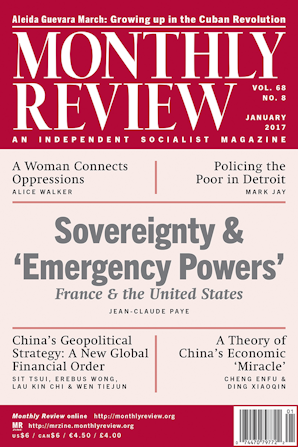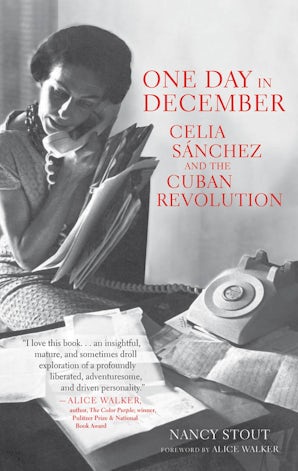Also in this issue
Books by Alice Walker
One Day in December
by Nancy Stout
Foreword by Alice Walker


